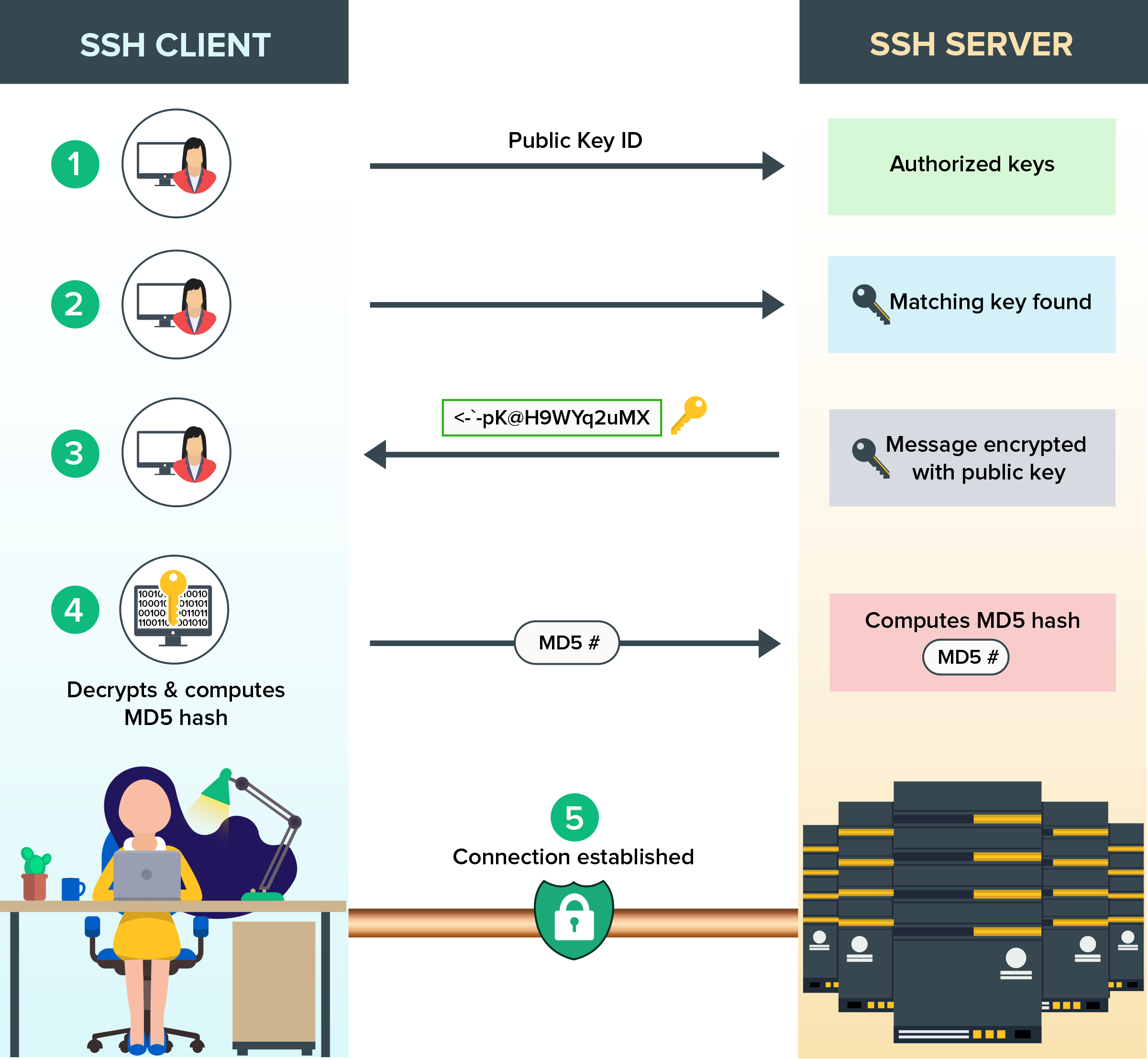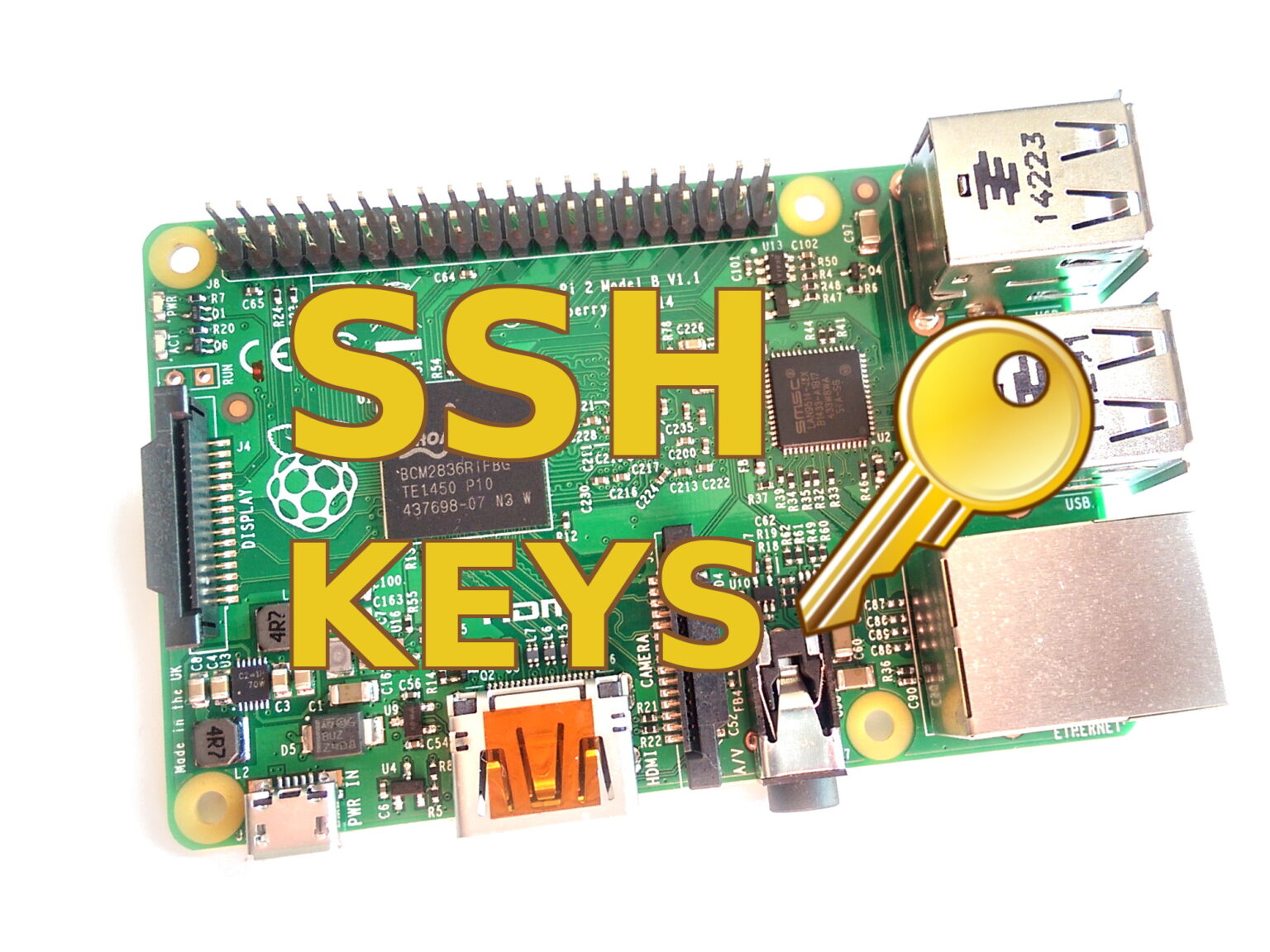Remote IoT SSH Key Management: Best Practices & Security
Is your IoT infrastructure truly secure, or are you unknowingly leaving the door open for potential breaches? Effective remoteiot ssh key management is no longer a luxury; it's an absolute necessity for anyone serious about protecting their network and data.
In the ever-evolving landscape of the Internet of Things (IoT), the proliferation of connected devices has created unprecedented opportunities, but it has also introduced a new set of security challenges. Authenticating users on remote servers, a fundamental aspect of securing these systems, hinges on the creation, assignment, and, critically, the management of SSH keys. This article delves into the critical role of remoteiot SSH key management, exploring its best practices, potential pitfalls, and the tools needed to create a robust and secure environment.
Here is a summary table:
- Bigi Jacksons Stance On Deal Family Drama The Truth Unveiled
- Jennifer Carpenter From Dexter To 1923 More
| Category | Details |
|---|---|
| Core Concept | Creating, distributing, rotating, and revoking SSH keys across a network of remote IoT devices. |
| Purpose | Securing remote system and network access, protecting against unauthorized access, data breaches, and compromised devices. |
| Key Elements | Generating public and private key pairs, centralized administration, and implementing robust key management practices. |
| Benefits | Simplified key distribution, rotation, and revocation; increased security through standardized rules; easier audit procedures. |
| Best Practices | Regular key rotation, access control, key storage security, and robust monitoring and auditing. |
| Tools | Remoteiot platforms, SSH key managers, and security-focused IoT platforms. |
| Risks of Poor Management | Unauthorized access, data breaches, compromised devices, and network control by malicious actors. |
| Raspberry Pi Considerations | Specific platforms and tools for SSH key management on Raspberry Pi devices. |
For deeper insights, you can check: Security Stack Exchange
The genesis of remoteiot SSH key management lies in the fundamental need to secure access to remote servers. This involves a process far more intricate than simply setting up a connection. It is a multi-faceted operation that encompasses key generation, distribution, and stringent control over SSH keys to authenticate users. The core function is to establish a secure pathway for authorized individuals to interact with remote devices, while simultaneously barricading the network against unauthorized access.
The combination of public and private keys lies at the heart of this security framework. A private key, kept secure on the client-side, is paired with a corresponding public key, which is installed on the remote server. When a user attempts to connect, the server uses the public key to verify the authenticity of the user's private key, thereby authorizing access. This elegant mechanism negates the need for passwords, creating a more secure and efficient means of authentication.
- Google Search Fails Troubleshooting No Results Fixes
- Troubleshoot No Google Search Results Fix It Now
The advantages of robust remoteiot SSH key management are manifold. Centralized administration is a cornerstone, allowing for the enforcement of standard rules across all devices, vastly improving security. This centralized approach simplifies audit procedures, providing a clear trail of access and activity, making it easier to identify and address potential vulnerabilities. Key distribution, rotation, and revocation are streamlined, ensuring that keys are updated regularly, minimizing the window of opportunity for attackers, and swiftly disabling access for compromised or terminated users. Furthermore, it plays a critical role in safeguarding the network from hackers and malicious actors, providing a strong first line of defense.
The absence of robust SSH key management introduces substantial security risks. Poor practices can be a gateway to unauthorized access, leading to data breaches and, in severe cases, compromised devices. Exposed or stolen private keys can grant attackers complete control over a Raspberry Pi or an entire IoT network, with potentially devastating consequences. Therefore, understanding and implementing the best practices for remoteiot SSH key management is not just recommended; its essential.
So, how do we ensure that our SSH key management is up to par? The answer lies in embracing best practices. It's not something you can "wing." You need a solid strategy in place. Regular key rotation is paramount; rotating keys at consistent intervals minimizes the risk of compromise. Access control should be granular, limiting access to only those who need it. Secure key storage is crucial; private keys must be stored in a secure environment, ideally utilizing encryption and access controls. Finally, robust monitoring and auditing are essential for tracking access, identifying anomalies, and promptly responding to any suspicious activity.
The tools for remoteiot SSH key management are as diverse as the networks they protect. Remoteiot platforms, specifically designed to manage devices remotely, often include built-in SSH key management features. Key managers are specialized tools designed to automate key generation, distribution, and rotation. For those managing a large number of Raspberry Pi devices, a dedicated security-focused IoT platform can provide centralized control over all aspects of your IoT infrastructure. The right choice will depend on the scale and complexity of the network, but the goal is the same: to simplify the process and enhance security.
For those venturing into the world of remote IoT devices, grasping the nuances of remoteiot SSH key management is crucial. It goes beyond simply setting up a connection. A deep dive into the best practices for remoteiot SSH key management is essential to securing your network while keeping things simple and efficient. It's not just a matter of securing your devices; it's about creating a resilient security infrastructure capable of withstanding evolving threats. The best remoteiot platform for managing SSH keys on your Raspberry Pi is not merely a convenience; it's a strategic investment in your security posture.
The best remoteiot platform for managing SSH keys on your Raspberry Pi should provide a free, streamlined solution that transforms the way you interact with your IoT devices. With the growing demand for remote access tools, the optimal platform emerges as a leader in secure and efficient SSH key management for Raspberry Pi users. This ensures a smooth, secure, and efficient setup, making it a vital component of any remote IoT project. The best platforms will simplify key distribution, rotation, and revocation, providing a single point of control across your entire network.
Poor SSH key management introduces significant risks, including unauthorized access, data breaches, and device compromise. The ability for attackers to gain access to your Raspberry Pi and potentially control your entire IoT network underscores the importance of robust management practices.
This is a roadmap to mastering SSH key management in a remote IoT environment. By adopting these steps, you'll fortify your IoT infrastructure and safeguard your data, while effectively eliminating the complexities inherent in distributing and managing SSH keys across a vast array of systems.
The process of creating, distributing, rotating, and revoking SSH keys across a vast network of devices is intricate and demands meticulous planning and flawless execution to maintain security and ensure compliance. The key is to create a scalable and resilient system that can adapt to the changing demands of your IoT environment.
The goal is to provide expert insights and practical guidance to ensure the smooth and efficient management of SSH keys, offering actionable steps and practical tips to enhance your security infrastructure. The adoption of these practices will improve your ability to defend against cyber threats and maintain the integrity of your IoT network.



Detail Author:
- Name : Barbara Kihn DVM
- Username : mathilde16
- Email : zvonrueden@robel.com
- Birthdate : 2007-05-03
- Address : 2116 Weimann Plains Wiegandtown, IN 25271-1200
- Phone : 478-712-2971
- Company : Schuppe, Greenholt and Beatty
- Job : Press Machine Setter, Operator
- Bio : Autem est iusto facilis nisi. Est quia sit et et ex praesentium sapiente. Qui sit eos consequatur id porro numquam. Molestias nobis aut ea esse. Alias non quis nam architecto officiis sint.
Socials
linkedin:
- url : https://linkedin.com/in/ljenkins
- username : ljenkins
- bio : Placeat nihil laboriosam eligendi quam voluptate.
- followers : 5559
- following : 2979
tiktok:
- url : https://tiktok.com/@laurel.jenkins
- username : laurel.jenkins
- bio : Nobis consequuntur iure voluptatem commodi fugiat ipsam corporis.
- followers : 4032
- following : 1610
facebook:
- url : https://facebook.com/laurel_jenkins
- username : laurel_jenkins
- bio : Exercitationem deleniti recusandae iure.
- followers : 1872
- following : 1985
twitter:
- url : https://twitter.com/jenkinsl
- username : jenkinsl
- bio : Consequatur ut sit maxime voluptate impedit hic. Iste at deleniti voluptatibus similique quis. Aut aut atque illo mollitia est ut.
- followers : 818
- following : 1886
instagram:
- url : https://instagram.com/ljenkins
- username : ljenkins
- bio : Suscipit blanditiis odio corrupti vel. Velit odio in cumque qui omnis.
- followers : 2593
- following : 708
